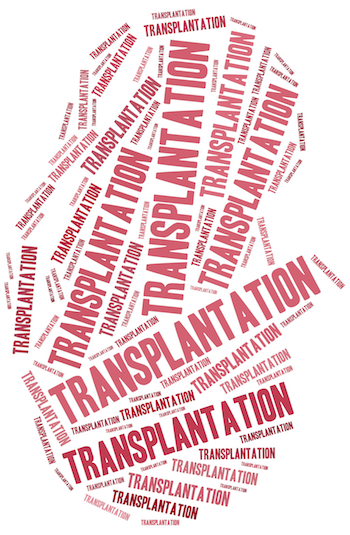MIT Sloan Professors Develop Data-Based Model for Transplant Decisions
"It improves how kidneys are allocated, and it improves the rationalizations of doctors and patients."

Tens of thousands of people are currently awaiting a kidney transplant in the United States, and when one of them finally has the opportunity to receive one, their troubles are not instantly over. The decision to accept the available transplant is itself a fraught one, but professors from the Massachusetts Institute of Technology (MIT) and Massachusetts General Hospital believe an analytics tool they have developed can help to change that.
“The risk of relying on human calculations and gut instinct is that a very sick patient may underestimate how long it will take to get the next offer and then become too sick for transplantation. Or a young person with a good chance for getting a healthier organ offer next month may prematurely accept the first offer,” said Nikos Trichakis in a statement from the MIT’s Sloan School of Management.
The analytics tool developed by Trichakis and colleagues uses 10 years of data on millions of prior decisions from the United Network for Organ Sharing. The goal is to use machine learning to calculate the probability of a patient being offered another kidney of different quality in a given timeframe.
The researchers say its AUC is 87%. One of the co-authors, MIT’s Dimitris Bertsimas, told Healthcare Analytics News that although “Nothing is exact in this world,” that would represent an improvement over the accuracy of predictions from experienced doctors. “The machines have become very knowledgeable and the predictions are significantly better,” he said.
He believes that people often take for granted how long it might take for a higher quality kidney to become available.
“I think this would improve overall outcomes, because it would lead to more informed decisions. People are generally overly optimistic,” he said. It can often take years for someone to receive a better second offer, and for someone who has been on dialysis for years already that can mean a longer period of decreased quality of life and a higher risk of mortality.
Bertsimas said that the team is looking to extend the work to make similar predictions for liver transplant patients. They are currently finalizing their study report for publication in the journal Transplantation, and according to their press statement, are also looking to develop the tool into an app for doctors.
“The end goal,” Bertsimas said, “Is to improve outcomes by knowing more accurately how likely it is to get a high quality kidney. It improves how kidneys are allocated, and it improves the rationalizations of doctors and patients. I think it will increase transplantations, for the benefit of society.”